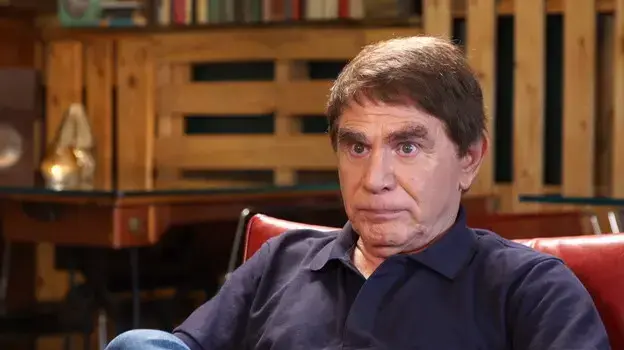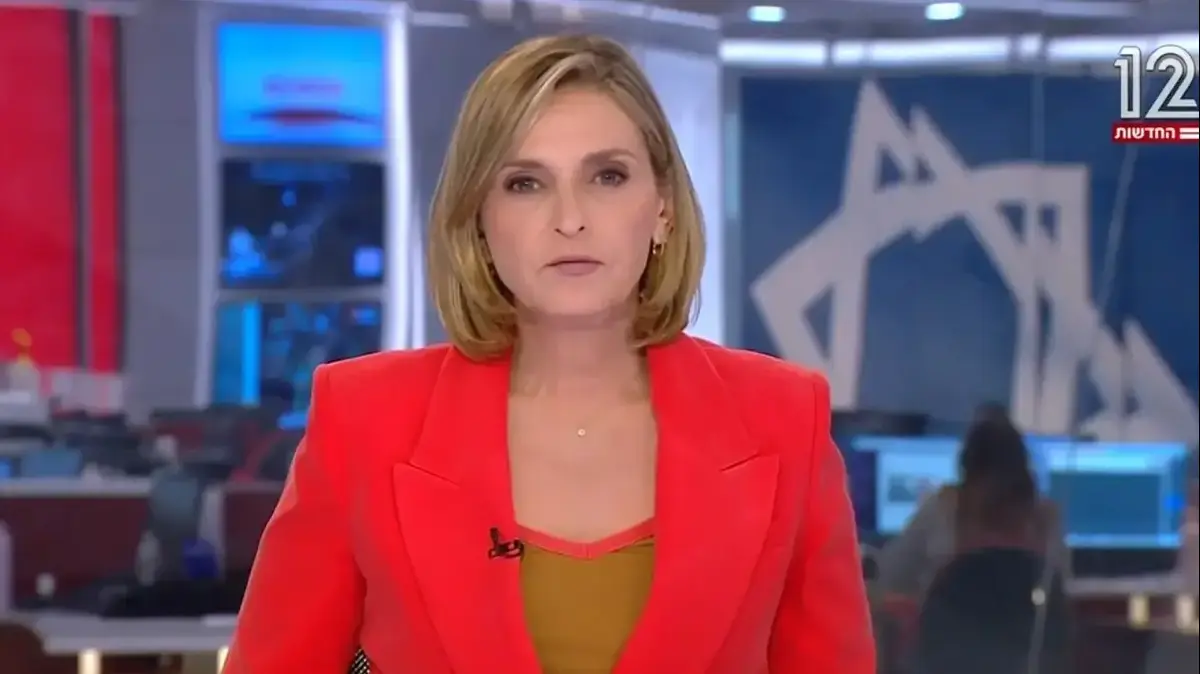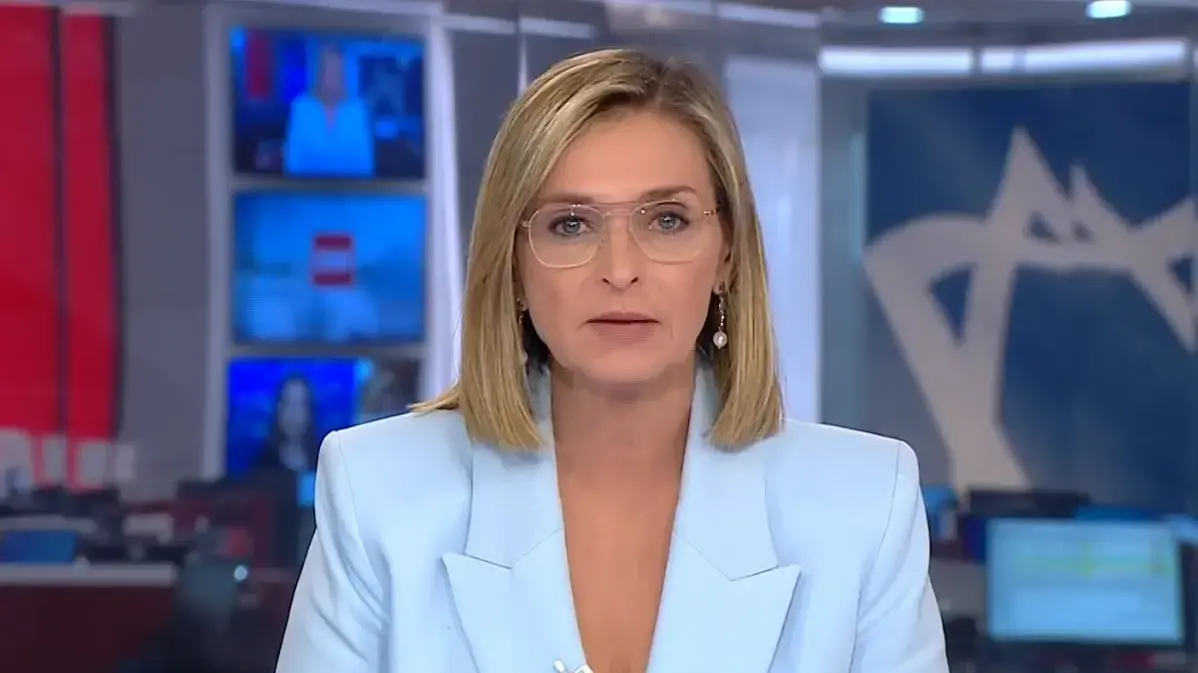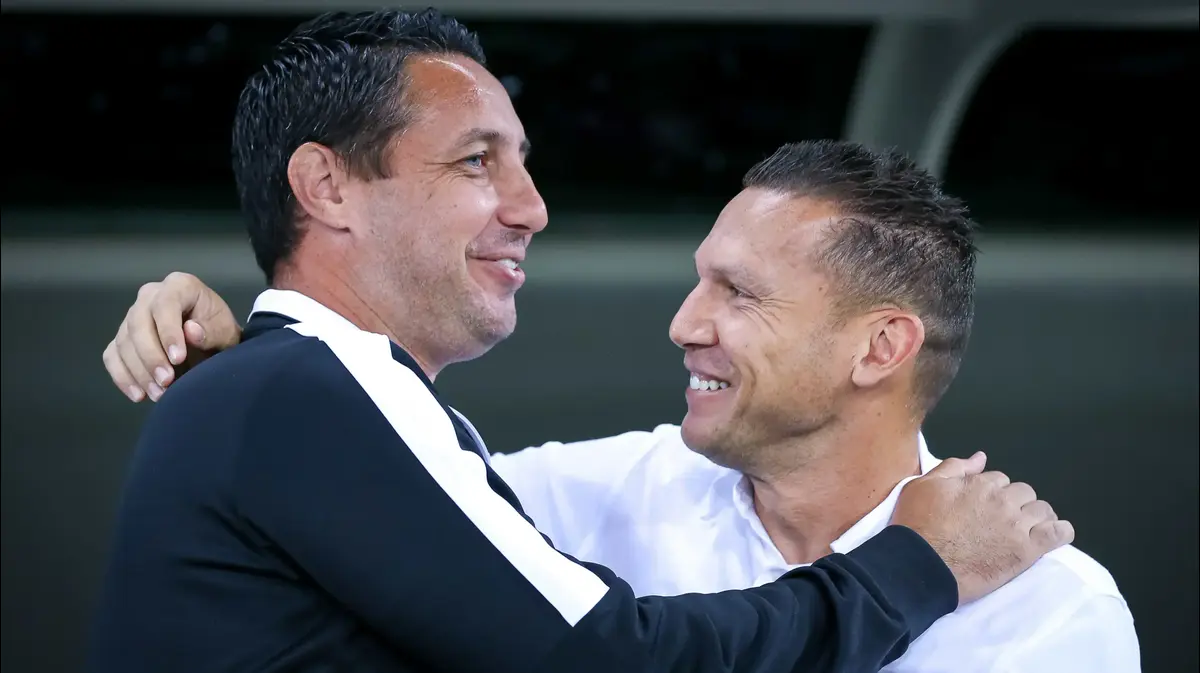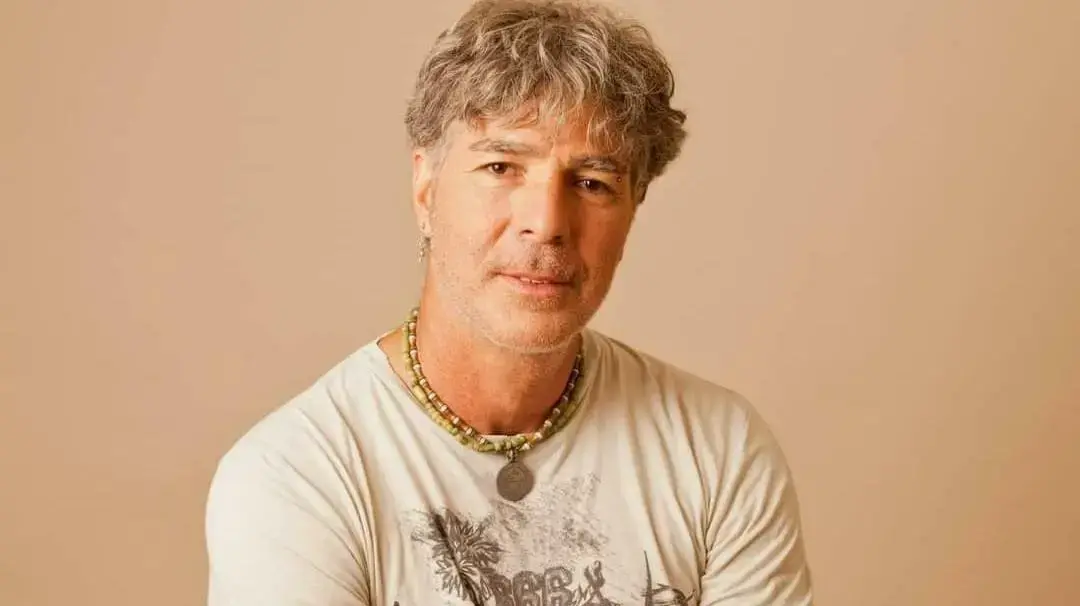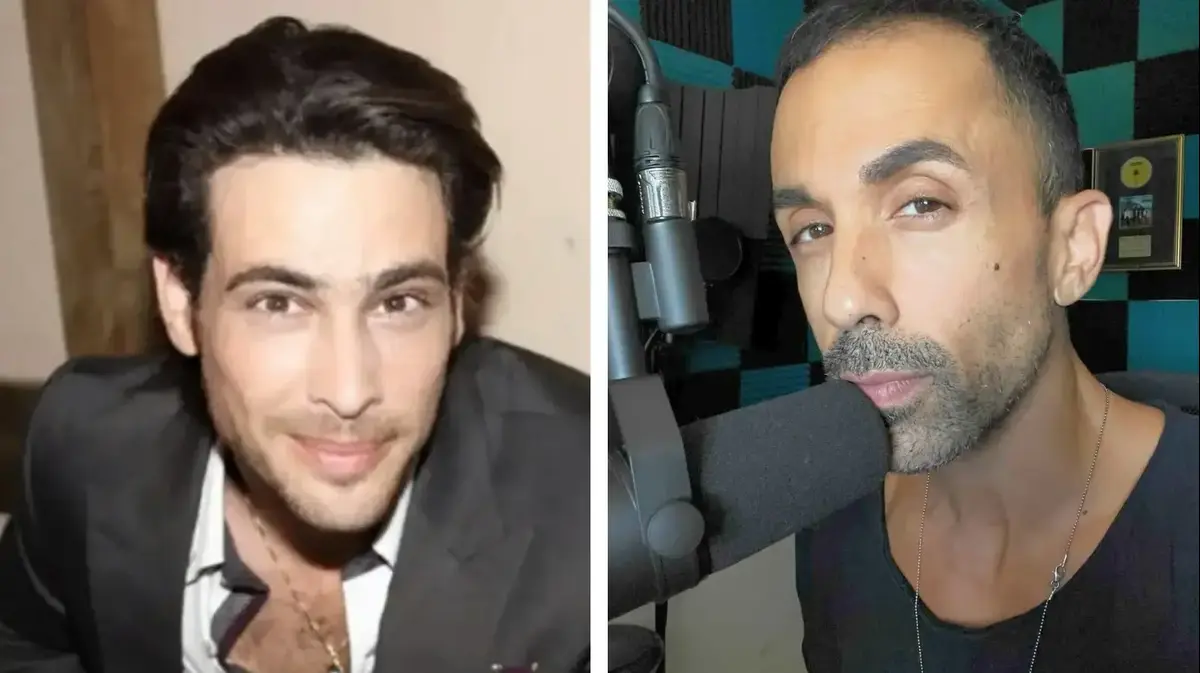Dana Weiss asked Moshe Nussbaum about the ending.
He refused to participate in her game
The veteran police reporter, who revealed that he is in the early stages of the terminal disease ALS, arrived for an interview with the colleague who repeatedly tried to take him to what was expected down the road.
But he rejected any attempt to summarize his story and refused to part with kitsch - and this is what made the article about him so significant
Nadav Menuhin
08/14/2022
Sunday, August 14, 2022, 09:20 Updated: 09:25
Share on Facebook
Share on WhatsApp
Share on Twitter
Share by email
Share in general
Comments
Comments
Moshe Nussbaum (photo: screenshot, Keshet 12)
It is only rarely possible to justify a magazine article of a news company that deals with a journalist of that company.
The self-preoccupation and barangay of communication systems themselves, and the transformation of journalists from tellers to stories is mostly unnecessary, excessive, and certainly comes at the expense of more important things.
After all, journalists are supposed to create an agenda, not be the agenda - even if in recent years the boundaries between the two are blurring.
It is not certain that this is the case with regard to the magazine article broadcast yesterday on Shabbat News on Channel 12 about the veteran police reporter Moshe Nussbaum, which mainly included an interview by colleague Dana Weiss.
Nussbaum, one of the most prominent characters on the screen for decades, revealed a few weeks ago that he has the degenerative disease ALS, in a way that also affects the rate of his speech.
Now, he did not come to the interview to say congratulations to himself and his colleagues for the work, nor to wax long on the wonders of the archive, but to represent something much broader, and to present things that for some reason are taboo and not usually shown on the screen.
Nussbaum and Weiss (photo: screenshot, Keshet 12)
A disease like ALS is a train with a brutal track in one direction, and everyone knows what awaits further down the road.
Weiss tried to press these points, build on them, and ask again and again about end, legacy and death.
She knows that's where the title will come from.
But Nussbaum refused to participate in this game - and that's what made the article so significant (even if it was certainly possible to cut some entanglements in the system).
He refused farewells, obituaries, kitsch, and chose work, a matter-of-fact attitude and humor.
Nussbaum, who turned out to be a smart, pleasant and entertaining character, made it clear right at the beginning of the conversation that he felt uncomfortable that he was suddenly the subject of the article and not the person behind it.
He emphasized time and time again that he is focused on the here and now, on the current work that he intends to continue as long as he can, on a full life that he intends to live as a professional and as a family man - and resisted any attempt to summarize his story, or set the table and leave.
"I was at my own funeral, I saw it from the side," he said, "I don't want to survive - I want to live."
These are not just slogans but an example that is, pardon the expression, inspiring.
There is no shame in the disease, there is no shame in presenting it on television, and there is great pride in striving to live a full life alongside it.
No less important, there is also a journalistic lesson here: not only to refuse to be the story, but also to refuse the generic story that they want to tell about you.
More in Walla!
The next generation of medical cannabis treatment
In collaboration with Saiki
Moshe Nussbaum (photo: screenshot, Keshet 12)
in the small
Nussbaum was hit by a strong current of Makhtazeit while covering a demonstration against then-Prime Minister Benjamin Netanyahu in Balfour. In the article, he marked this event as trauma, which may have served as a trigger that led to the outbreak of his illness.
Beyond the disgrace of police violence against a journalist covering a demonstration, one can only hope that the Israel Police Conduct a soul-searching regarding the use of this tool in particular and regarding its methods of dispersing demonstrations in general. Media pressure can help.
culture
TV
direct watch
Tags
Moshe Nussbaum

